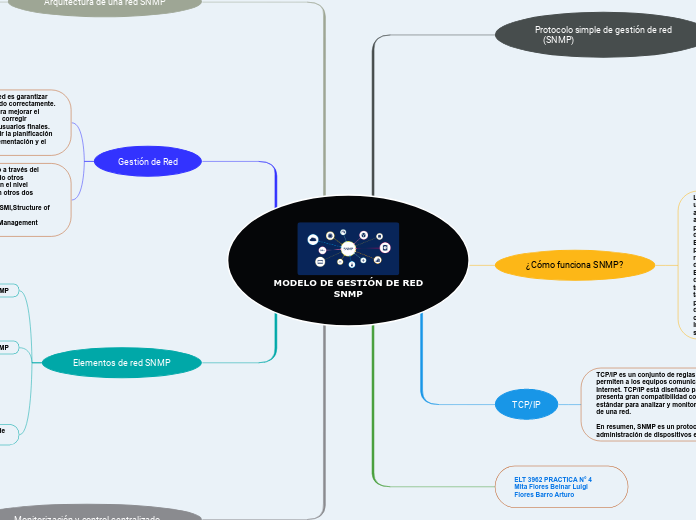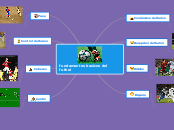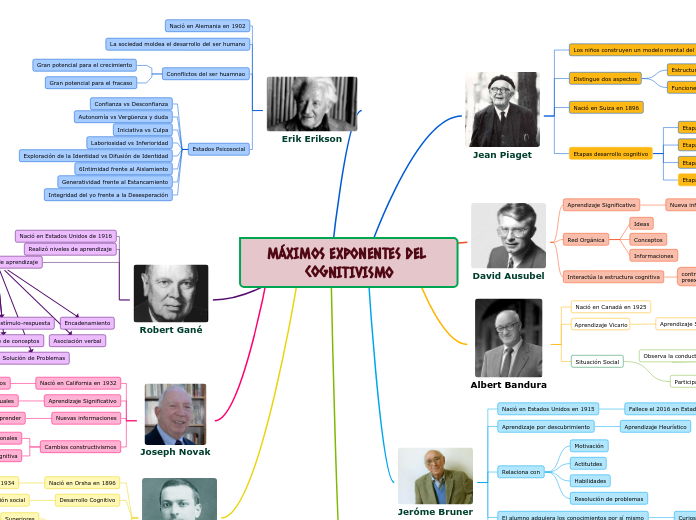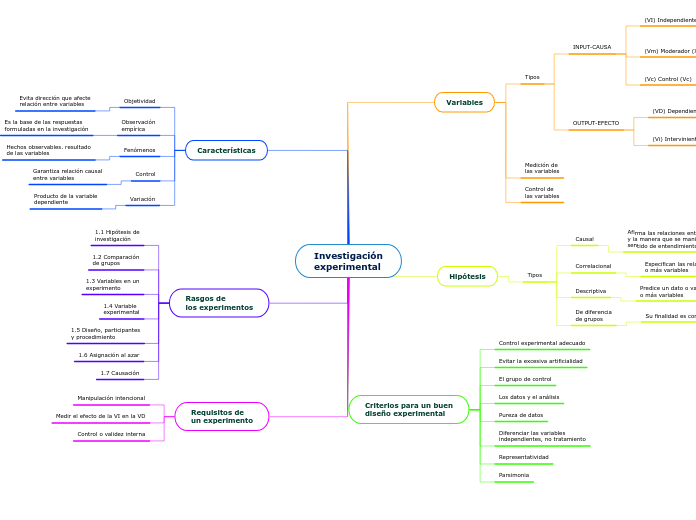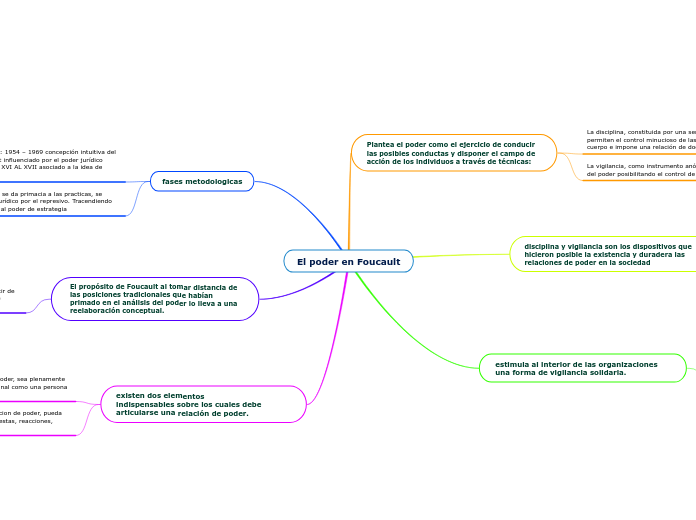MODELO DE GESTIÓN DE RED
SNMP
The Solar System is the gravitationally bound system of the Sun and the objects that orbit it, either directly or indirectly. Of the objects that orbit the Sun directly, the largest are the eight planets, with the remainder being smaller objects, the dwarf planets, and small Solar System bodies.
Monitorización y control centralizado
Saturn is known most for its rings.
Galileo Galilei first thought it was an object with three parts: a planet and two large moons on either side.
Not knowing he was seeing a planet with rings, the stumped astronomer entered a small drawing — a symbol with one large circle and two smaller ones — in his notebook.
The rings are made of ice and rock and scientists are not yet sure how they formed. The gaseous planet is mostly hydrogen and helium.
Se basa en un paradigma agente-gestor. La estación de
administración central es el sistema desde el cual el
administrador observa y controla los distintos participantes
de la red. La función principal del protocolo SNMP es
proporcionar monitorización y control centralizado de todos
los componentes de una red informática. Con este objetivo,
determina la estructura de los paquetes de comunicación que
son necesarios, así como la secuencia de comunicación entre
la estación central y los dispositivos individuales.
Elementos de red SNMP
Uranus is an oddball. It has clouds made of hydrogen sulfide, the same chemical that makes rotten eggs smell so foul.
It rotates from east to west like Venus. Its tilt causes extreme seasons that last 20-plus years, and the sun beats down on one pole or the other for 84 Earth-years at a time.
Methane in the atmosphere gives Uranus its blue-green tint. It also has 13 sets of faint rings.
Base de información de
administración (MIB)
Es un archivo de texto formateado
que reside dentro del administrador
SNMP diseñado para recopilar
información y organizarla en un
formato jerárquico. El administrador
SNMP utiliza información de la MIB
para traducir e interpretar mensajes
antes de enviarlos al usuario final.
How long does it take for Uranus to go around the sun?
Gestor SNMP
Es un software que se ejecuta en la
estación de administración central y
que recopila información del agente
SNMP
A planet's day is the time it takes the planet to rotate or spin once on its axis.
Write down Uranus's day measured in Earth days.
Agente SNMP
Es un software que se ejecuta en el
dispositivo de red y que recopila
información sobre el dispositivo y la
envía al gestor SNMP
Gestión de Red
Neptune is about the size of Uranus and is known for supersonic strong winds.
Neptune is far out and cold.
The planet is more than 30 times as far from the sun as Earth.
Neptune was the first planet predicted to exist by using math, before it was visually detected. Neptune is about 17 times as massive as Earth and has a rocky core.
La gestión de Red se consigue no sólo a través del protocolo SNMP sino también utilizando otros protocolos que cooperan con SNMP. En el nivel superior, la gestión se lleva a cabo con otros dos protocolos:
estructura de información de gestión(SMI,Structure of Management Information) y,
base de información de gestión(MIB, Management Information Base).
El objetivo principal de la gestión de red es garantizar que la red esté disponible y funcionando correctamente. La gestión de red también se utiliza para mejorar el rendimiento de la red y para detectar y corregir problemas antes de que afecten a los usuarios finales. La gestión de red también puede incluir la planificación y el diseño de la red, así como la implementación y el mantenimiento continuo.
Arquitectura de una red SNMP
It was once considered a planet but in August 2006 the International Astronomical Union (IAU) downgraded the status of Pluto to that of “dwarf planet.”
Pluto is unlike other planets in many respects. It is smaller than Earth's moon; its orbit is highly elliptical.
It's a cold, rocky world with a tenuous atmosphere. Pluto is a very active ice world that's covered in glaciers, mountains of ice water, icy dunes, and possibly even cryovolcanoes that erupt icy lava made of water, methane or ammonia.
ELT 3962 PRACTICA N° 4 Mita Flores Beinar Luigi Flores Barro Arturo
TCP/IP
Earth is a water world, with two-thirds of the planet covered by oceans.
It's the only world known to harbor life.
Earth's atmosphere is rich in nitrogen and oxygen.
Its name originates from 'Die Erde,' the German word for 'the ground.'
Earth may once have had two moons, nowadays it has just one.
TCP/IP es un conjunto de reglas estandarizadas que permiten a los equipos comunicarse en una red como Internet. TCP/IP está diseñado para enrutar y además presenta gran compatibilidad con las herramientas estándar para analizar y monitorizar el funcionamiento de una red.
En resumen, SNMP es un protocolo que permite la administración de dispositivos en una red TCP/IP
¿Cómo funciona SNMP?
Venus is Earth's twin in size and has no moons.
Its surface has various mountains and volcanoes. Because of its thick, toxic atmosphere that's made of sulfuric acid clouds, Venus is an extreme example of the greenhouse effect. The average temperature on Venus' surface is 900 F (465 C).
Venus spins slowly from east to west, the opposite direction to most of the other planets.
The Greeks believed Venus was two different objects — one in the morning sky and another in the evening. Because it is often brighter than any other object in the sky, Venus has generated many UFO reports.
La administración de red a través de SNMP se basa en un paradigma agente-gestor. La estación de administración central es el sistema desde el cual el administrador observa y controla los distintos participantes de la red. Cada sistema principal que se debe gestionar ejecuta un proceso denominado agente. El agente es un proceso que se ejecuta en segundo plano y que recopila información sobre el sistema y la red. El agente envía esta información al gestor en forma de mensajes SNMP. Estos recopilan los datos relevantes en el host de destino y los
transfieren a la estación de administración, pero también
pueden realizar cambios en la configuración y desencadenar
ciertas acciones. Estas aplicaciones-agente ya están
implementadas de forma predeterminada en los sistemas más comunes de Windows y Linux.
Position
Our Solar System has eight “official” planets which orbit the Sun.
Each planet is at a different distance from the sun. Name its position.
Protocolo simple de gestión de red
(SNMP)
Mercury is the smallest, only a little bit larger than Earth's moon. Mercury has no moon.
It experiences dramatic changes in its day and night temperatures: Day temperatures can reach a scorching 840 F (450 C), which is hot enough to melt lead. Meanwhile, on the night side, temperatures drop to minus 290 F (minus 180 C).
It also has a very thin atmosphere of oxygen, sodium, hydrogen, helium, and potassium and can't break-up incoming meteors, so its surface is pockmarked with craters, just like the moon.
El SNMPv2 surgió oficialmente para
perfeccionar su seguridad y funcionamiento. Para atacar ciertos puntos como:
tamaño, rapidez, eficiencia, seguridad, privacidad y compatibilidad.
Las versiones de SNMP más utilizadas son dos: SNMP versión 1 (SNMPv1) y SNMP versión 2 (SNMPv2). Ambas versiones tienen un número de características en común, pero SNMPv2 ofrece mejoras.
Es un protocolo de la capa de
aplicación que facilita el intercambio
de información de administración
entre dispositivos de red.
SNMP es un componente de la suite
de protocolo de Internet como se
define por el IETF. Se compone de
un conjunto de normas para la
gestión de la red, incluyendo una
capa de aplicación del protocolo, una
base de datos de esquema, y un
conjunto de objetos de datos.
Additional info
